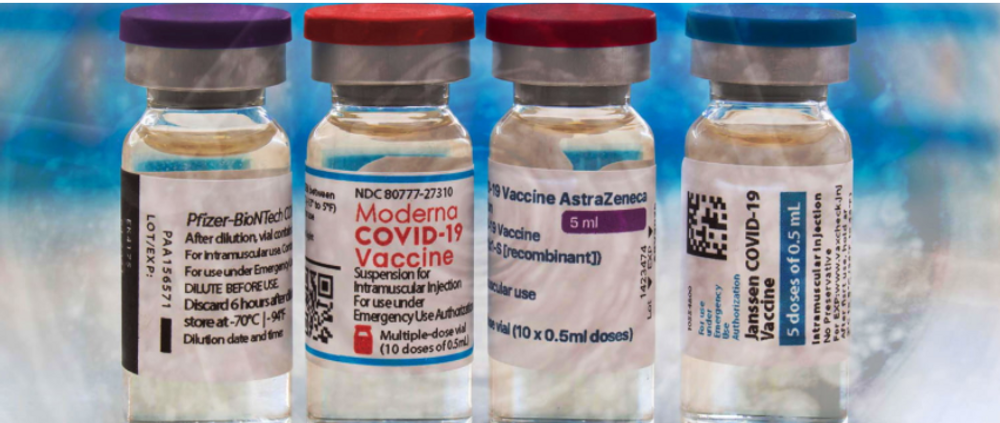Infectious diseases discrimination
What is infectious diseases discrimination?
Infectious diseases discrimination is against the law.
It is when you have been treated unfairly because:
- you have an infectious disease
- people think you have an infectious disease
- you used to have an infectious disease
- you may acquire an infectious disease in the future
- you are the friend, relative or colleague of a person with an infectious disease.
Indirect discrimination is also against the law. This is when there is a rule or requirement that is the same for everyone but unfairly affects people with infectious diseases, and is not reasonable in the circumstances.
In what areas is infectious diseases discrimination against the law?
Infectious diseases discrimination is against the law in certain public places, including:
- workplaces, such as when you apply for a job or while you are at work
- employment agencies, such as when you use recruitment companies
- when you access goods and services, such as when you go shopping, do your banking or access medical services
- state education, such as when you apply for study and during your studies
- accommodation, such as when you rent accommodation
- industrial organisations, such as membership of a union
- qualifying bodies, such as an institute that issues qualifications
- at registered clubs (clubs that sell alcohol or have gambling machines), such as when you try to enter or join a club.
Infectious diseases and privacy laws
If an employer, colleague or service provider tells someone about your infectious disease without your consent, this could lead to discrimination that is against the law. It may also be against privacy laws. For more information on privacy laws contact the
Information and Privacy Commission NSW.
Some infectious diseases must be notified to authorities because of the possible impact on the community. This means that a healthcare practitioner may have to notify a Public Health Unit about your infectious disease. For more information, contact your local
Public Health Unit.
Public health and safety exceptions
In some instances, an employer or service provider may be required to comply with a law that involves discriminating against certain individuals. For example:
- Public health or occupational health and safety laws may prevent them from assigning medical or food-handling responsibilities to individuals in the acute stage of certain infectious diseases, such as hepatitis A and hepatitis C. For more information, please contact your local Public Health Unit.
- If there is an outbreak of an infectious disease (such as whooping cough or measles) in a day care centre, preschool or primary school, the organisation's director or principal can be instructed by the Public Health Unit to exclude a child who is not immunised until the outbreak is over.
However, there are only rare occasions when health and safety obligations mean that someone can discriminate against you because you have an infectious disease. This means that it is generally against the law to:
- refuse to hire you or provide you with a service, accommodation or education
- make you have a blood test
- segregate you from other staff or clients
- dismiss you from your job
- breach your confidentiality or privacy on the grounds that others have the right to know about your disease
- treat you unfairly because they think you are gay or use drugs, and therefore assume that you have an infectious disease.









